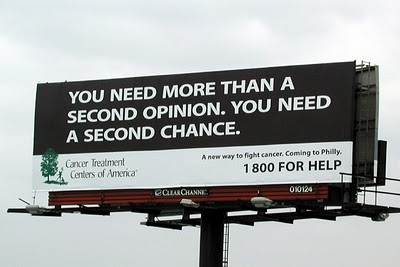Almost nobody likes commercials. Since technologies such as VCRs, DVRs and TiVo are now available, many people prerecord TV shows and skip through the commercials. So marketers and advertisers are trying to come up with commercials that we are willing to watch, or that we cannot get around watching (for example, because they are part of the TV show itself). I am not usually a fan of commercials; I usually only watch prerecorded TV precisely because I can skip the ads.

The Box Art for LittleBigPlanet2
But last night, I was playing LittleBigPlanet2 and I ended up playing a commercial for the Prius (Part 2 of the level is here). The level is published by “LittleBigPartner” and is described as:
Join Sackboy* as he solves puzzles in his treehouse and takes his Prius for a drive in the city. With the objects you collect here, create your own Prius-inspired level for a chance to win a Sony Bravia 3D HDTV and other prizes. Visit http://www.us.playstation.com/psn/events/littlebigprius.html for more details. NOTE: Name your contest levels “Prius_[Your Level Name]” in order to enter.
The contest has been pretty popular, and there are now a number of Prius–themed user-made levels. From a marketing perspective, this is probably a great campaign. It encourages people to spend a lot of time thinking about the Prius and how to use it in a level they are creating. The Prius car, and various other objects (like wind turbines, and so forth) are given away in the level, and users are encouraged to use “as many of the collected objects as possible” (at 0:59) in their own levels. This allows Toyota a degree of control over the kinds of messages that users create in their levels. The objects that are given away are all associated with environmental themes and alternative energy sources. If a user incorporates these objects, there is a good chance that the level will end up with a theme that associates the Prius and environmentalism.
Since LBP2 includes the user “LittleBigPartner” I am quite sure that there will be many more of these commercial levels in the future. Perhaps this is a good marketing strategy, for the reasons I described above, but I found it really off-putting. First, I was annoyed because I found the level through the “Media Molecule Picks” and in the past Media Molecule had always featured levels made by regular players, rather than advertisement levels. I felt tricked when I played this level, because I expected a user level, but instead got an advertisement. Second, the contest feels more insidious that previous contests. Both LittleBigPlanetCentral and LittleBigLand have held contests in the past, but these contests did not promote a particular product. This contest seems to be piggy-backing on the work done by previous competitions in the LittleBigPlanet game-universe.
*Note the use of the “universal” or “gender-neutral” “he” and “Sackboy,” which I complained about before.
Read Full Post »






